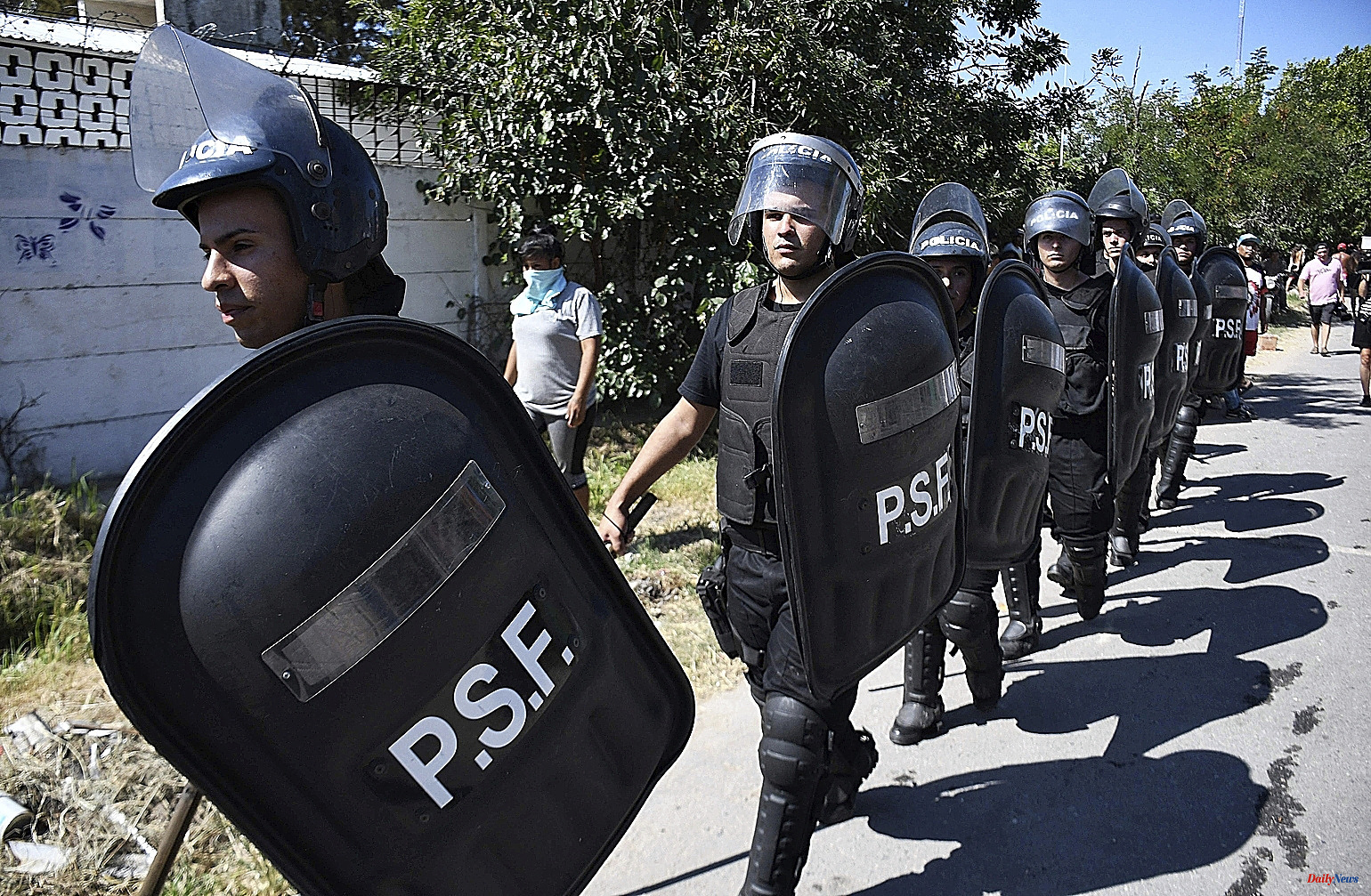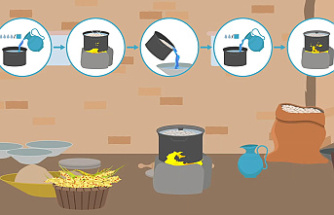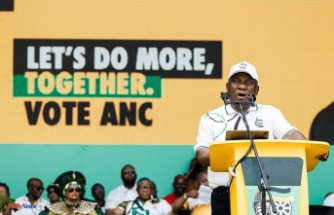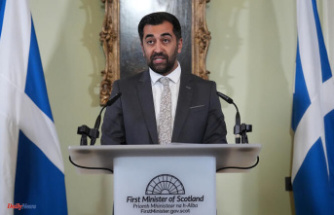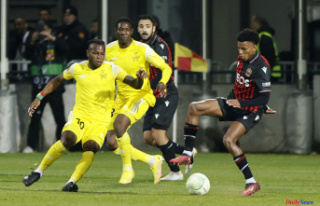A threat to Lionel Messi worked the miracle: the problem of the growing power of drug trafficking in Rosario, Argentina's second largest city, found the government and the opposition in the same room. With deep disagreements, but debating at least what needs to be done to avoid what the country fears is the "Mexicanization" of the city by Julio Cortázar, Ernesto "Che" Guevera and Messi himself.
After appearing in Rosario on Wednesday to announce the dispatch of 1,400 Federal Police troops, the Minister of Security, Aníbal Fernández, spoke this Thursday in a tense meeting in a commission of the Chamber of Deputies. In various ways and with different arguments, the opposition asked him to resign.
"When he expressed that the drug traffickers have defeated us, I felt disturbed. If you don't have the strength or think you don't have the conditions to do so, it's best that you resign," congressman Ricardo López Murphy told Fernández. López Murphy is one of the leaders of the liberal wing of the opposition coalition Together for Change, and took advantage of a striking statement by the minister ("the drug traffickers won, but the situation must be reversed") to blame him for his attitude.
"I don't give up, on the contrary, I fight every day for what I need and what I believe in," the minister replied. Fernández is one of the leading figures of Kirchnerism, although he is now distanced from the former president: he was twice her chief of staff (a sort of prime minister) and responsible for Security and Justice, when that ministry also included security powers. The security and crime situation in Argentina cannot be explained without Fernández, who was in the foreground for the 16 years that Peronism ruled since 2003.
Mónica Frade, deputy of the Civic Coalition, which is part of Together for Change, told Fernández that her name is mentioned "in repeated cases of drug trafficking and hit men," according to the TN news channel: "Surely you have reasons to explain why. Being the custodian of the most sensitive information in this country, I don't feel calm, because I think you are part of the problem."
The situation in Rosario is critical. The city, with 1.3 million inhabitants, is logistically an ideal place for the drug business. Cabeza de la Pampa Húmeda, the arable area that drives the Argentine economy, and with a large port on the Paraná River, receives cocaine shipments from Bolivia and Paraguay that partly reach the large Argentine cities, such as Buenos Aires, Córdoba and the Rosario itself, and to a large extent they continue towards Europe.
Greater Rosario, the area to the west of the city, has become a powder keg, which explains why the homicide figures in the city are five times the country average: 22 deaths per 100,000 inhabitants against the average five in the rest. In the fields of the area, "bombing" of cocaine by unidentified planes has been observed: they drop large and heavy bags of cocaine so that people aware of the arrival of the shipment look for them among the cornfields.
Last week, the supermarket belonging to José Roccuzzo, the father of Antonela, Messi's wife, received 14 bullets at dawn. On the blind, a handwritten note: "Messi, we are waiting for you. Javkin is not going to help you. He is also a drug trafficker."
Javkin is Pablo, the mayor of Rosario, a man from the opposition who could hardly be linked to drug trafficking. In the more than three years that he has been the city's first mayor, the mayor insistently requested the sending of federal forces, but it took a threat to Messi, the recent world champion in Qatar, for the government of Alberto Fernández to react.
This week, a popular rebellion in a critical area of the city overwhelmed the security forces: a child had been shot dead, presumably by drug gangs, over the weekend, and the neighbors attacked the house ("bunker") in the one who believed that the narcos take refuge. They not only attacked it: they vandalized it and stole everything of value that was in it.
The growing social anomie and the lack of response from the different administrations and security forces have shaped a thick and tense environment in Rosario, located just 300 kilometers from Buenos Aires, one of the twenty largest urban areas in the world. and center of an increasing consumption of drugs.
According to the criteria of The Trust Project

